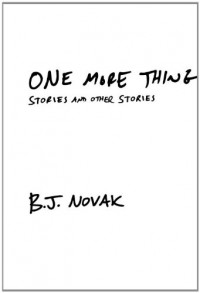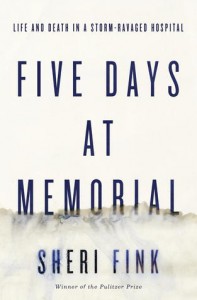www.3rsblog.com/2014/02/book-talk-coincidence-by-jw-ironmonger.html

Coincidence hangs on a central theme of philosophical debate: Is the world random? Do we truly have free will, or is what we do part of a predetermined plan? Are "coincidences" a product of a human need to ascribe meaning and connection to events, or do they have inherent meaning of their own?
www.3rsblog.com/2014/02/audiobook-going-clear-lawrence-wright.html

Going Clear's subtitle defines the book's structure. The first section pretty well covers "Everything you ever wanted to know about Scientology (and quite a lot you'd never have thought to ask)," and that begins with the rather colorful biography of its founder, the exceedingly prolific writer L. Ron Hubbard. Everything in Scientology's belief system comes directly from Hubbard's texts, some of which seem to be strongly influenced by his earlier science-fiction writing. That said, Hubbard grasped the human need for explanations and answers, and he devised some that have made sense to a huge number of people for over six decades.
www.3rsblog.com/2014/02/book-talk-one-more-thing-by-bj-novak.html

Audiobook: FIN AND LADY by Cathleen Schine, read by Anne Twomey

I have some of my own (very vague) memories of 1960s New York City--I arrived there in the spring of 1964, just like Fin, although he's more than a decade older than I am; the novel's setting is an absolute sweet spot for me, and was definitely part of its appeal. The Hadleys' New York wasn't mine, however; privileged by money, place, and youthful beauty, Lady and Fin have the sort of life that I rarely encounter outside of fiction. Still, their story and their relationship rarely felt less than real to me--I couldn't resist them, although I admit I didn't try very hard.
 The Girl You Left Behind wasn’t what I expected, and I was pleasantly surprised by that. Moyes has crafted an unusual dual-narrative blend of historical fiction and legal thriller that grapples with some of moral and ethical questions arising from the effects of war and keeps the modern-day romantic thread from overwhelming the rest of the story.
The Girl You Left Behind wasn’t what I expected, and I was pleasantly surprised by that. Moyes has crafted an unusual dual-narrative blend of historical fiction and legal thriller that grapples with some of moral and ethical questions arising from the effects of war and keeps the modern-day romantic thread from overwhelming the rest of the story. Moyes’ great strength here is the development of her protagonists. Sophie and Liv, her two primary characters separated by nearly a century and connected by nothing more tangible than a painting, emerge as women facing down very different difficult circumstances each in her own way. Neither always makes the best choices, but the choices they do make feel true to both character and context.
MORE: http://www.3rsblog.com/2013/10/book-talk-the-girl-you-left-behind-jojo-moyes.html















